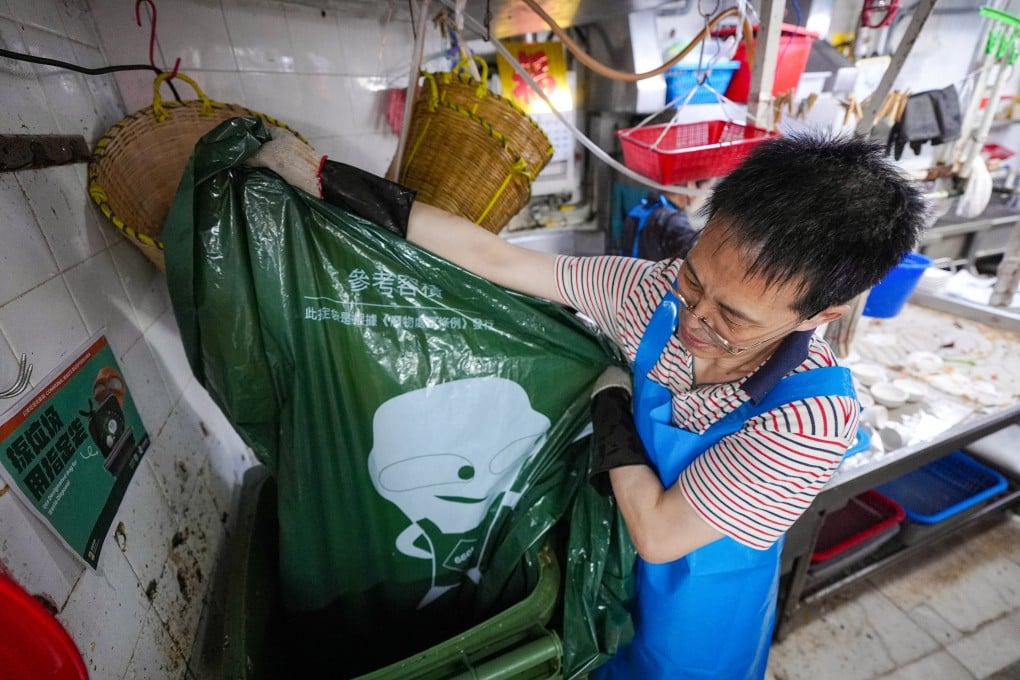Hong Kong shelves twice-delayed waste-charging scheme, with move welcomed by needy but sparking dismay among green groups
- Deputy Chief Secretary Warner Cheuk says most residents opposed to citywide roll-out of scheme on August 1, with Hong Kong’s leader endorsing putting plan ‘on hold’
- Pay-as-you-throw scheme first proposed in 2004, passed in Legco in 2021, before being delayed twice at end of 2023 and ahead of roll-out this April

Government officials earlier said waste charging was among the key methods for Hong Kong to attain carbon neutrality by 2050, as garbage was the city’s third most significant source of emissions.
But Deputy Chief Secretary Warner Cheuk Wing-hing said on Monday that as many as 80 per cent of residents were opposed to a citywide roll-out of the scheme on August 1, since its implementation would put great pressure on the cost of living and businesses, especially the catering sector.
“I declare the implementation of the scheme will be put on hold from August 1 after the chief executive endorsed the secretary for environment and ecology’s suggestion to do so,” he told lawmakers at a panel meeting.
Cheuk said authorities would gazette a notice that abolished the August 1 launch date.